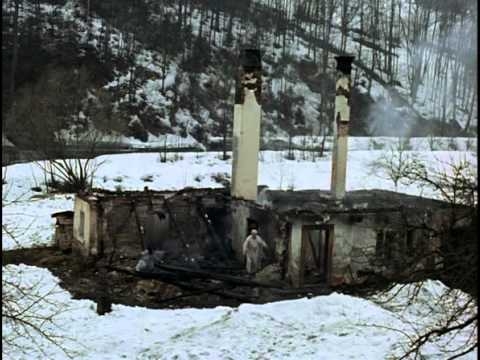R.I.P. Milos Forman, Oscar-winning director of Amadeus and One Flew Over The Cuckoo's Nest

Milos Forman, whose many films about human beings refusing to be placed in the boxes society designed for them earned him both international acclaim—and the occasional scorn of audiences and governments alike—has died. Responsible for some of the most critically successful movies of the last half-century, Forman leaves behind him a filmography consistently fascinated with the rebellious archetype, whether in the form of fictional characters like One Flew Over The Cuckoo’s Nest’s Randle McMurphy or Hair’s George Berger, or real-life outsiders like Andy Kaufman and Larry Flynt.
Born in what’s now the Czech Republic, Forman’s early life was dominated by the influence of totalitarian regimes; his parents were both killed in the Nazi concentration camps during World War II, and he eventually left then-Czechoslovakia, and the Czech New Wave movement of which he was a guiding light, after facing government suppression of his celebrated satirical film The Fireman’s Ball. Centered on a crew of bumbling, incompetent firefighters—and utilizing the same naturalistic camera work and casting choices that helped propel his earlier Loves Of A Blonde onto the international stage—the film was widely seen as a critique of the country’s government, which ultimately banned it from ever being shown within its borders.
After attempting to import—largely unsuccessfully—those same stylistic techniques for his first American film, Taking Off, Forman found success with his next outing, the Michael Douglas-produced One Flew Over The Cuckoo’s Nest. Adapting Ken Kesey’s beloved novel, Forman captured the humanity of Kesey’s mental hospital inmates, while simultaneously giving Jack Nicholson and Louise Fletcher room to give two of the most powerful performances of either actor’s career. (It paid off, too, to the tune of a clean sweep—Best Picture, Best Director, Best Actor, Best Actress, and Best Adapted Screenplay—at that year’s Academy Awards.)








































